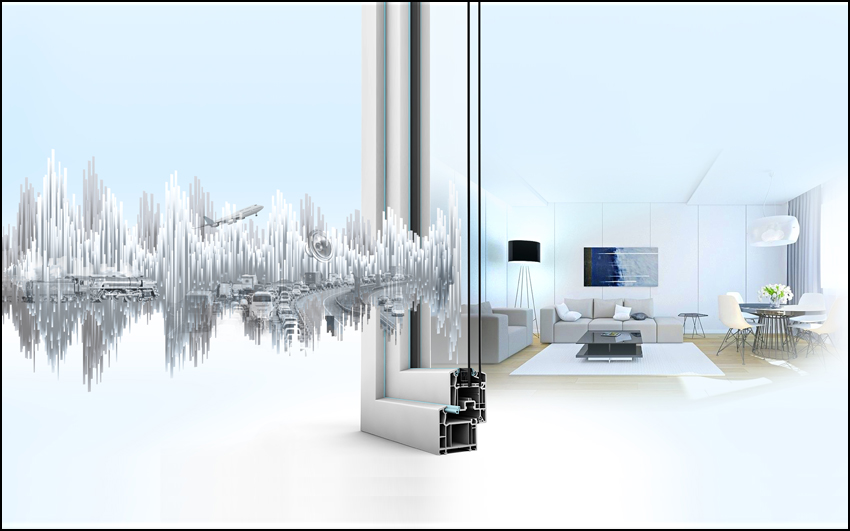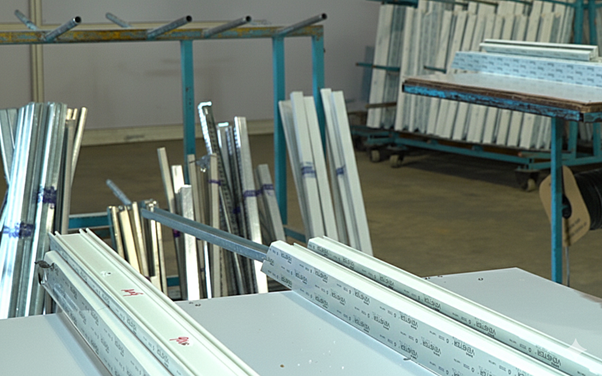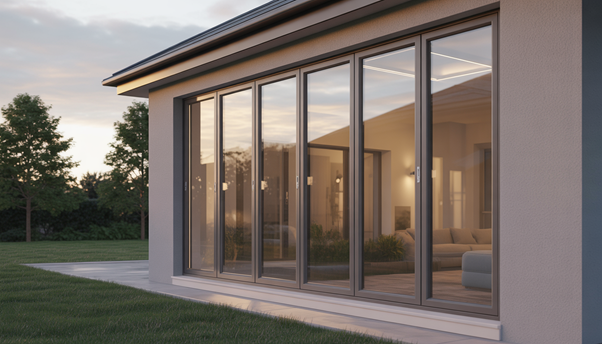Living in an urban environment comes with its list of benefits and shortcomings. While it enhances the quality of life and adds to the comfort and accessibility, it also brings about increased air and noise pollution. Continuous exposure to loud noise and harsh sounds can be extremely harmful to our physical and mental well-being.
Although there is growing evidence about the many medical, social, and economic effects that noise pollution has on our health, we often neglect the direct connection that exists between noise stress and disease. According to the World Health Organization, noise leads to loss of hearing; sleep disturbances; cardiovascular and psycho-physiologic problems; performance reduction; and annoyance responses.
It is known that prolonged exposure to noise above 80 dB (which is roughly equivalent to the sound of a heavy truck on a busy road) can be potentially hazardous and can adversely affect sleep cycles, concentration, communication and if left untreated can lead to hearing loss. Thus it is important to take corrective action as quickly as possible, instead of ignoring the problem.
Conventional doors and windows are not designed to soundproof or waterproof your interiors and hence don’t always deliver the calm comfort of indoors. Just like water seepage, noise finds its way into the insides of the house. This is why proper noise and sound insulation is extremely important in urban cities today. Unlike their traditional counterparts, uPVC windows and doors are built specifically to provide superior sound insulation by reducing outside noise by up to 40 dB.
Solutions to keep the noise out!
While you don’t always have control over noise coming from the outside, insulating your indoors is the best option. Using materials that help reflect and absorb the sound can greatly help in soundproofing your house. There are many ways in which you can achieve this when using uPVC windows.
• Double glazing
Double glazed windows are built with two panes of glass with a cavity of air or vacuum in it. This creates excellent soundproofing and works as a barrier to stop heat, cold, and noise.
• Secondary glazing
Secondary glazing enables you to add an extra layer of glass of a different thickness that comes with an insulated air gap to combat noise. This makes it an excellent choice for increased thermal and noise insulation.
• Laminated glass
When you add laminated glass to a single pane uPVC window, it can enhance noise reduction of an average of 45 dB or more. Also known as safety glass or acoustic glass, these glasses are made to stop noise transfer.
• Multi-chambered
Multi-chambered windows and doors not only help in noise insulation but also greatly enhance security and energy efficiency.
• Insulated frames
Opting for high-quality uPVC frames can help reduce sound transference as well as enhance heat insulation so that you can have calmer, cooler indoors.
• Inert gas cavities
Double glazing often comes with an inert gas cavity between the glass panes which can help in soundproofing and reduce heating or cooling loss. This ensures high energy efficiency and reduces AC and ventilation costs. Go for a larger cavity of 50 mm to 200 mm to block more sound.
Ökotech uPVC windows and doors are specifically designed to dissipate the sound waves and cause it to lose its power. These soundproof uPVC windows optimize the properties of uPVC and glass in order to considerably combat noise. They are also extremely durable and are easy to maintain and come with a lot of other advantages.
Insulating your homes with soundproof uPVC windows doesn’t mean you compromise on the aesthetic appeal of a space. You can choose from a range of colors, laminate textures and designs to suit your needs. If you’re looking for soundproof uPVC windows and doors that look elegant yet combat outside noise, Ökotech uPVC window & door system is the best solution for you.



